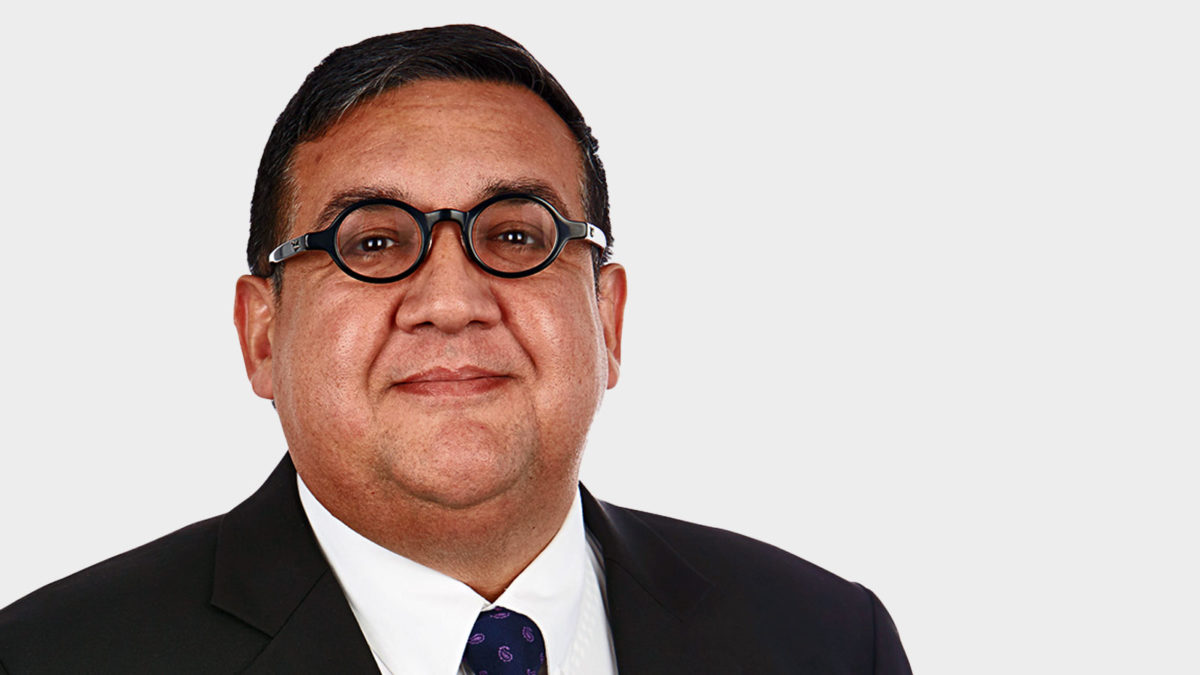Funds spar with government over unlisted assets
Super funds may soon be forced to reveal internal valuations for unlisted assets. But the lesson from the Future Fund is that the new regulations aren’t in anybody’s best interests.
While much of government’s recent focus has been on implementing the “Your Future Your Super” performance test, super funds could also soon be subject to new regulations under the reforms that would obligate them to disclose their exact valuations for private or unlisted assets in a move that Hostplus believes would hurt member interests.
“Let’s say you had CBA value your home and they told you the value was $900,000. And say at the auction you put that valuation up – if it was a competitive auction, it wouldn’t matter,” Sam Sicilia, chief investment officer of Hostplus, told the standing committee on economics on Monday (September 20). “… But if you weren’t having an auction and it was just a private sale, and you told the bidder exactly what your valuation is, why would they offer you any more than a dollar more than the valuation?”
“For large, chunky unlisted assets – a building in Brisbane, an airport in Sydney – you wouldn’t want to publish the valuation that you’re carrying it at. It would be contrary to the interests of extracting a higher value from the bidder.”
Tim Wilson, the committee’s chair, noted that in some housing markets a statement of information that included the valuation of the house was required to prevent inflation of prices, and questioned why it would be considered anti-competitive for the same standard to apply to unlisted assets. The problem, as Sicilia and other attendees noted, is that large unlisted assets are not houses (to be fair, Sicilia used the analogy first).
“The difference between a private house and a large unlisted asset is that you could have dozens, potentially hundreds of thousands individuals interested in a particular home,” Ian Silk, current CEO of AustralianSuper, told the same hearing. “But the pool of buyers for a large, expensive unlisted asset is very small. So that competitive tension with a whole lot of parties just doesn’t exist to the same extent.”
AustralianSuper has also been highly critical of the new regulations, which it believes would “decrease returns and increase cost for members” while advantaging market competitors who wouldn’t be subject to the same regulations. AustralianSuper – which Silk says “has led the industry on disclosure” – discloses a (admittedly wide) value range for its unlisted assets, which Silk says has been welcomed by members.
“We think it’s in the interests of members to put ranges so that when we come to sell them, we’re going to be in a position to maximise the sale price for the benefit of the fund’s members,” Silk said. “There’s no other reason to do it… to put a precise value on it is going to be to the financial detriment of members, and clearly we think that’s a bad thing.”
AustralianSuper has also warned that there could also be unexpected blowback for any third-party investors. At the time of its submission, the NSW Government was in the process of a public auction of its 49 per cent stake in WestConnex – of which a consortium of investors, including AustralianSuper, owned another stake. Were AustralianSuper to disclose its valuation, it would create “price discovery opportunities” for competitors, and compromise the government’s ability to maximise sale proceeds. Of course, it was AustralianSuper and the rest of the Sydney Transport Partners, including Transurban, that ultimately bought the stake for a cool $11.1 billion on Monday (20 September) – a purchase that was announced shortly before the standing committee sat, and which brought AustralianSuper’s stake to 20.5 per cent.
The same effect would capture co-investments by the Future Fund in Perth Airport, where AustralianSuper is a minority shareholder. The Future Fund is, ironically, not subject to similar regulations due in part to the efforts of David Neal, current CEO of IFM Investors, who fought to prevent its unlisted asset valuations being subject to Freedom of Information requests during his tenure as CEO of the sovereign wealth fund.
“It is the member’s information about the assets they own and you’re giving it to the market,” Neal told the standing committee. “And the market sees it as their job to get the best value out of you as they can… I argued long and hard for the Freedom of Information Act to be changed so that the Future Fund didn’t have to disclose that information. Because it’s not in the interests of taxpayers for the Future Fund to be forced to disclose the value of their investments.”
“Transparency is good, but if creates, in that case, an adverse outcome for the taxpayer, or in my case, superannuation fund members, you need to be careful with that.”











